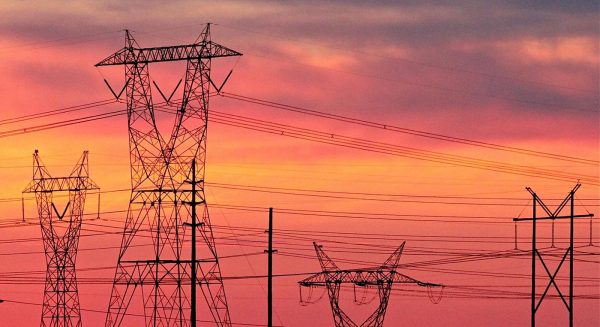There are rising calls for the capitalisation of the 11 power Distribution Companies (DisCos).
Daily Trust in this exclusive piece dissects the content of a memo that stipulates injecting $4.3 billion (about N1.556 trillion) into DisCos’ networks, and increasing government representatives sitting on the DisCos’ boards.
The document was addressed to the former Minister of Power, Works and Housing, Mr Babatunde Fashola on May 22, 2019 which it was gathered constituted part of his handover note shortly before he left office.
The Transmission Company of Nigeria (TCN) said the DisCos lack revenue collection capacity and that TCN solely relies on them for payment to finance transmission services.
“The DisCos because of their general weak capacity are collectively remitting about 30% of the Market Operator (MO) invoices and have accumulated over N231 billion outstanding due to be paid to TCN as at March 2019.”
It also complained of rising voltage during the rainy season where it alleged that the distribution networks are weak and with the massive loss of energy load due to tripping of several 33 kilovolt (KV) at the slightest weather turbulence or rainfall.
A similar memo was addressed to the minister in January 2019.
It said ‘DisCos’ network is currently in a very weak state and requires significant investment to fix it; this can only be achieved by recapitalising the DisCos.’
TCN at a recent briefing had said it simulated the investment requirement of DisCos which shows they need $4.3 billion (about N3 trillion).
With over eight million registered electricity customers in Nigeria, the company said that figure will help the DisCos to match transmission network expansion that targets 20,000 megawatts (MW) wheeling capacity by 2021. At present, transmission wheeling capacity is at 8,100MW, generation capacity is over 7,500MW while distribution capability is around 5,500MW.
The Managing Director of Mainstream Energy Solutions Ltd (MESL), operators of Kainji and Jebba GenCos, Engr. Lamu Audu had in June joined the call for capitalisation of the DisCos.
“The DisCos should be made to capitalise because there is little investment and the electricity sector is a value chain. If one end is not doing well, it will affect the others.”
How to use $4.3bn funding
The memo said the $4.3bn investment should be used to rehabilitate and upgrade the existing poor distribution network, build new injection substation to cover the 316 unprotected interface the 11 DisCos share with the transmission network.
Out of the 737 total interface where transmission facilities deliver power to distribution facilities, 421 of them have adequate protection but the 316 others have not.
The DisCos should build new feeders and injection substations to take more supply from existing and new transmission substations. The memo which was also sent to the Presidency advocated a tariff from the Nigerian Electricity Regulatory Commission (NERC) to support the capitalisation. “
It is expected that with long term loan with five years moratorium and 10 year repayment period, the tariff will be reasonable because the capital will be used to reduce the Aggregate Technical Commercial and Collection (ATC&C) losses during the moratorium before interest kicks in,” it noted.
The Federal Government should compel NERC to do regular minor reviews and in line with Eligible customer regulation, all agencies that can pay for power should be removed from any the Nigerian Bulk Electricity Trading Plc (NBET).
Other 132kv customers and foreign customers (Niger, Benin and Togo) which were not part of DisCos performance contracts should also be removed.
Process for $4.3bn recapitalisation
Referring to the 2013 privatisation, the memo said it was marred with technical flaws and financial incapacitation of the investors.
To address these mistakes, the federal government which still hold 40 per cent shares in the DisCos must divest and use the $1bn Power Sector Recovery Programme (PSRP) and World Bank loan, and $500 million loan from the French Development Agency (AFD) for its 40% fund. The private investors should bring their equity of 60% recapitalisation fund.
Shareholders agreement of the DisCos should be amended to have proportionate representative of government and the private owners at the Boards, the memo suggested.
Instead of the one Director from BPE representing government, there should be four from government to match the six from the private sector owners.
“The Ministry of Finance Incorporated (MOFI) should also be empowered to represent the government on the Boards of the companies. This will remove the current conflict of interest in which BPE that is managing the performance contract with DisCos and is also representing government on their board,” it said.
Source: Dailytrust







